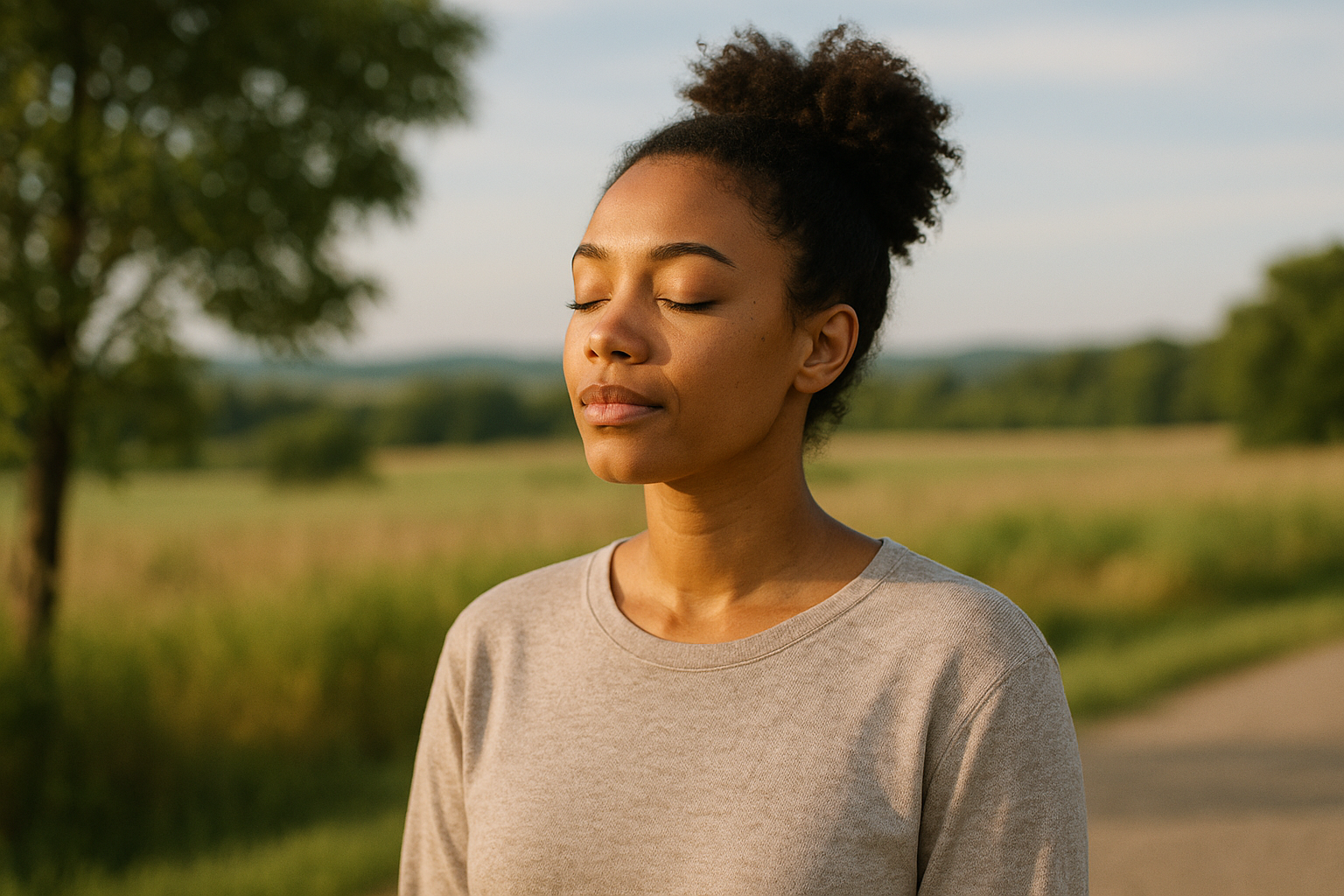In today’s fast-paced world, mental health challenges like anxiety are becoming more common than ever. Juggling work, relationships, and constant digital connectivity puts immense pressure on everyone. While seeking calm, many wonder: What truly triggers anxiety? Is it inherited from our genes, or does our environment play a bigger role? Understanding these factors can empower you to manage anxiety more effectively and regain control over your well-being.
Understanding Anxiety: More Than Just Worry
Anxiety is not simply feeling nervous before a big presentation or meeting someone new. It is a complex mental health condition that causes feelings of unease, panic, and restlessness—often without an obvious reason. For some, anxiety shows up as panic attacks; for others, it lingers as a constant, overwhelming worry.
The latest research sheds light on why some people are more likely to experience these sensations. Anxiety often results from a mix of genetic and environmental influences. By exploring both sides, you can better understand your own triggers—and take the first brave step toward a calmer mind.
The Genetic Link: Inheriting Anxiety
Scientists have discovered that anxiety can run in families. Genetics influence the way neurotransmitters—chemicals in the brain that manage mood—function in your body. Studies involving identical twins suggest that up to 30%-50% of anxiety traits are inherited.
If your parents or siblings have struggled with anxiety, you might have a higher chance of experiencing it yourself. But genetic predisposition does not mean you are destined to live with anxiety forever. Instead, it gives you important knowledge to be mindful of your mental health and make supportive lifestyle choices.
- A genetic link means a higher risk, not a guarantee
- Knowing your family history helps you plan preventative self-care
- Genetics guide how your brain responds to stress
The Environmental Factor: Life’s Ups and Downs
Beyond genetics, your surroundings play a crucial role in triggering or soothing anxiety. Major life changes, ongoing stress, negative thinking, and even your diet or sleep routine can all affect your mental health.
Childhood experiences are especially influential. Living in an unstable home, going through trauma, or lacking emotional support can leave lasting imprints. As an adult, high-pressure jobs or relentless social expectations increase the risk too.
- Unexpected events—such as loss, divorce, or job changes—can spark anxiety
- Poor sleep, excess caffeine, or substance use elevate risks
- Consistent support and healthy habits create resilience
Take the example of Lisa, who always thought her worry was just part of her personality. But after changing jobs and moving to a busy city, her anxiety spiked. That shift in her environment was a key trigger. By learning the root causes, Lisa developed better coping skills—and so can you.
Nature Meets Nurture: How They Interact
Genetics and environment work together to shape your experience with anxiety. You may have a family tendency, but supportive surroundings can make a huge difference. Conversely, even with resilient genes, stressful environments can eventually trigger anxiety.
Researchers also found that environmental changes—like practicing mindfulness or improving social connections—can actually change how your genes are expressed. This scientific process is called epigenetics. It means positive lifestyle shifts may help you manage inherited anxiety risks.
- Regular mindfulness practices can help calm an anxious mind
- Building a supportive social network reduces stress
- Healthy routines buffer against both genetic and environmental triggers
Knowing these facts inspires hope. You are not defined by your genetics or environment—you have the power to shape your mental health every day.
Taking Control: Practical Strategies for Anxiety Relief
Understanding your genetics and environment is just the beginning. The next step is to build practical routines that help you stay calm, even in the face of stress or change. Everyone’s anxiety journey is unique, but these tried-and-true approaches offer real, immediate support.
- Practice deep breathing and grounding techniques during anxious moments
- Establish a daily routine with regular sleep, nutrition, and exercise
- Use digital tools, like the Trankua App, for on-the-spot guidance and relaxation
- Seek out supportive people or peer groups—connection is a powerful antidote
- Track your moods to notice patterns and triggers you can manage
By combining self-awareness with reliable tools, you can transform anxious episodes into moments of learning and growth. The Trankua App is designed to provide instant relief and ongoing support, helping you handle life’s ups and downs with greater ease. Explore calming exercises, guided meditations, and resources tailored to your needs—so you always have support at your fingertips.
Building Your Calm: Moving Forward with Confidence
Anxiety can stem from both genetic and environmental factors—but it does not have to control your life. By understanding your unique mix of influences, you build a toolkit for resilience and peace of mind. With proactive strategies and reliable support, such as the Trankua App, you have everything you need to face anxiety head-on.
- Embrace your personal mental health journey
- Use technology to stay mindful and grounded
- Celebrate every small victory over anxiety
Ready to build your calm? Take the first step towards managing anxiety—discover the benefits the Trankua App can bring to your daily life. Download the Trankua App now and find your personal path to peace. Your journey starts here.

